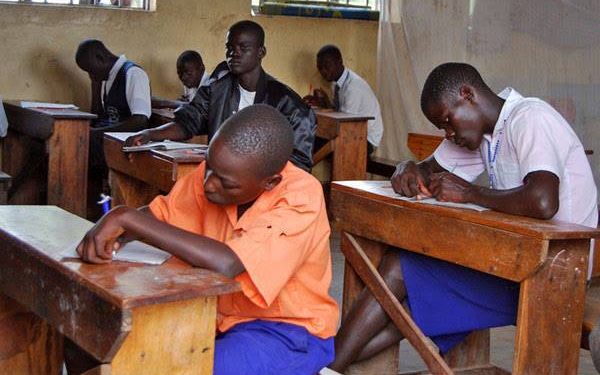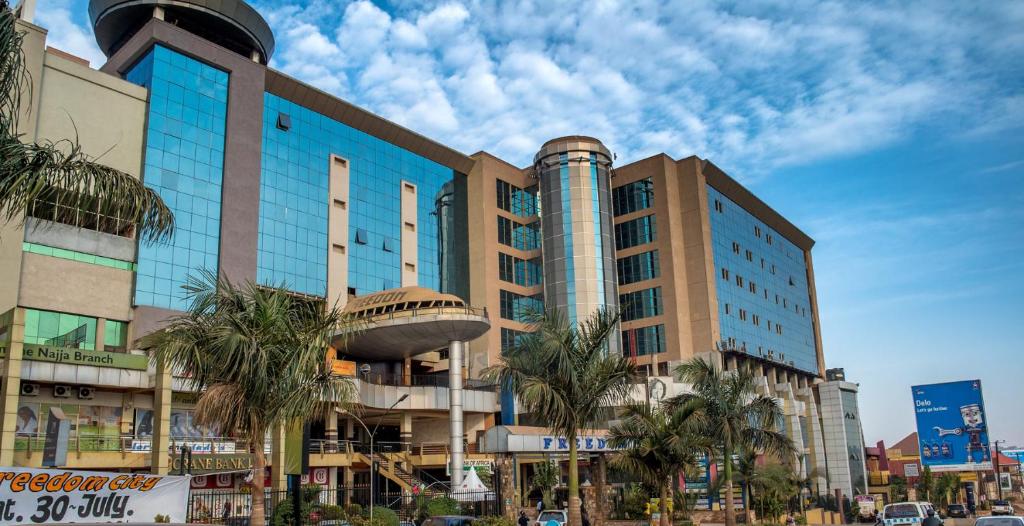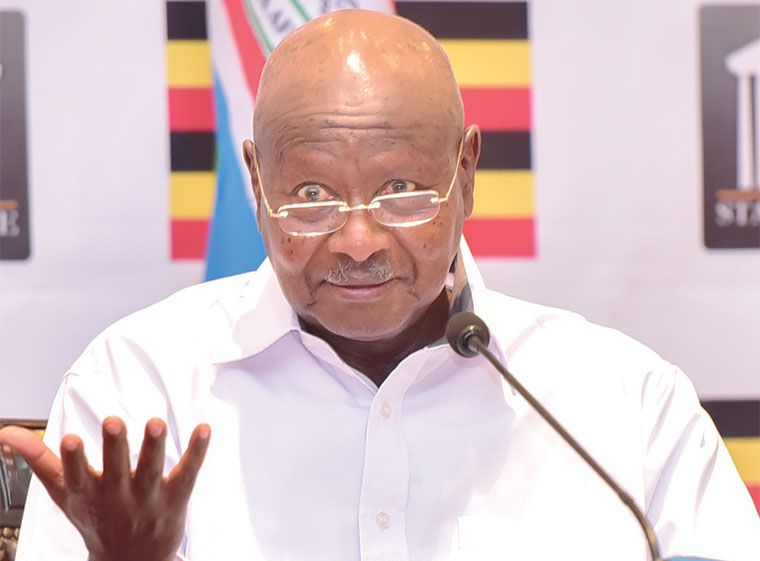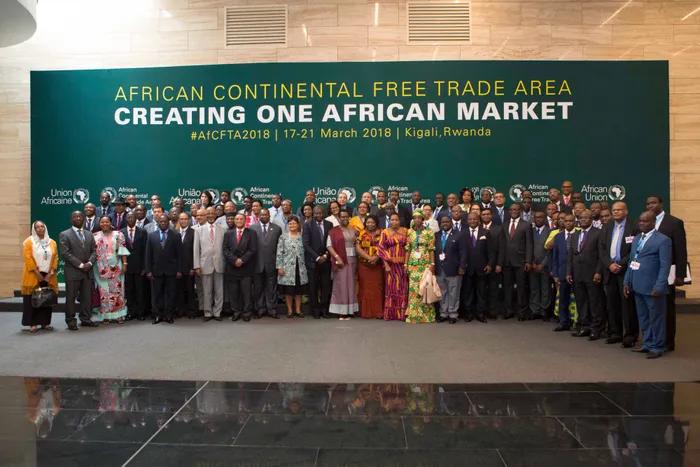The Uganda National Examinations Board-UNEB is in a fix as they move to set special mathematics exams for candidates of St Christine Primary School who missed the paper.
During this year’s primary leaving examinations, 23 out of 26 pupils of candidates at St Christine Primary School in Kakumiro District missed the first paper, Mathematics, having arrived late at the examination center.
Available information shows that the candidates arrived at the center 1 hour and 16 minutes late having trekked 16 kilometers when their director failed to provide transport on the examination day.
Dan N. Odongo, Uneb’s Executive director, says the board has already determined through its investigations that the candidates’ late arrival was not the result of their own error.
He continues by saying that the team that examined the situation found the need to provide these learners with a special paper.
“They should be given another examination because most were already grown up, having been home due to COVID-19. If an alternative of repeating P.7 was the only one available, most of them, especially girls, were likely to drop off,” the Uneb report on the matter reads in part.
With this recommendation in their face, Odongo says the main issue which has not been dealt with is that of precedent given the fact that the board has never allowed such to be over the years.
Without a clear policy on the matter, Odongo thinks that if the board just rushes to offer a special paper riding on ‘the sentiments and voices of the people expressed via social media ever since the incident occurred, it might have adverse future effects.
To understand Odongo’s worry, one needs to look at the number of candidates who, despite registering for the Uganda National Examinations Board exams, don’t sit for the papers.
For instance, 12,819 registered candidates did not sit for the 2020 PLE and made no effort to tell their plight to find out whether they deserved a special paper too.
Fagil Mandy, an education consultant who is also a former chairperson of Uneb, says although everyone would want to see the 23 victims given a special paper, the issues raised by Odongo need strong reflection.
According to him, the board’s findings allow for a bold decision to be made, but in order to guard against those who might abuse this precedent in the future, Mandy adds the school director who caused this chaos needs to receive a severe punishment.
Mandy noted that over years such issues could not be handled as the board has a very old and weak law. He, however, notes that the recent amendment has given teeth to the board and action can be taken.
Special papers long overdue?
Parents and students all around the country hang onto the hope that nothing will go wrong at the last minute after covering many years of schooling to reach the final exams. But even the best-laid plans can be abruptly derailed by diseases and other circumstances.
For instance, in 2019, fifteen senior six students from Iganga Top Care secondary school missed a test because the administration expelled them for not paying their school fees.
This was not their own fault, but they were not graded and since they never attracted attention from social media, their case went silent.
For years now, there has been a discussion on giving special papers to students at various levels who miss national exams for good reasons, especially those who missed exams after being defrauded by dishonest school administration during registration.
Unfortunately, the board has never provided candidates who have missed either the full examination or a paper with special papers. Due to the way exams have been administered, learners who fall ill, or fail to start or finish the examinations for various reasons have to re-sit them a year later when they are offered.
While releasing the 2018 examination results, the Minister of Education and Sport, Janet Kataaha Museveni rejected suggestions for special papers.
She noted that while the call was in good faith, the ministry’s position remained that candidates in a particular year should be given the same examinations, adding that supplementary examinations can only be justifiable in situations like natural disasters.
She did, however, seem to shift her stance on the subject during a media briefing on Wednesday, demonstrating concern for the current victims.
In fact, the New Vision newspaper has since reported that that evening she directed the board to set a special paper for the 23 pupils, a position which has been confirmed by the ministry spokesperson.
With more information on how the special paper will be handled expected to be released by the board later, several educationists against the move have expressed concerns.
For instance, Patrick Kaboyo, the Technical Advisor of the Education Advocacy Network, insists that the board should consider measures to prevent such incidents rather than making room for special papers.
To him, once a special paper is given, it will be the start of countless scenarios that will undermine the credibility of the entire system.
What have other countries done?
This issue is not unique to Uganda; for instance, Kenya has struggled with a similar issue for years. In 2017, however, then-President Uhuru Kenyatta ordered the Education Ministry to put up special supplementary examinations for candidates who had trouble taking the exams on the scheduled dates.
An official at the education ministry who preferred to remain anonymous to freely comment on the matter noted that a policy to guide how such circumstances can be handled is long overdue in Uganda.
“Our way of handling such matters is old-fashioned. Many countries have moved on,” the official stated, adding that a well-thought-out policy for this might not be the only option.
He also noted that there is a need to overhaul the entire examination and assessment framework which looks at UNEB as the alpha and omega.
“In some countries like Singapore, there are special considerations for learners who miss such examinations. Projected grades can be applied using a well-established, fair and rigorous evidence-based methodology looking at the learner’s academic history, but this is not possible here with our assessment framework,” the official added.
Our reporter learned from reading up on the Singapore model that the examinations board there can actually award a learner based on a number of factors, including but not limited to their performance in that subject’s school-based examinations and the performance of the school cohort in both national and school-based examinations.

















